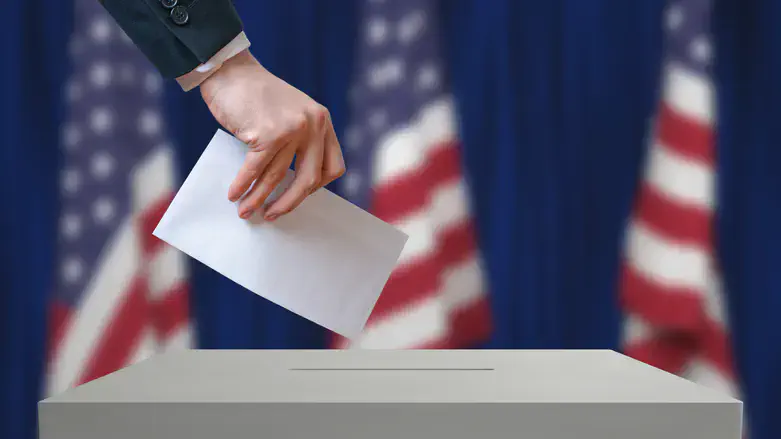
During the early days of the war, my nearly 60-year-old father informed me he was gearing up to tackle his lifelong fear of guns and sign up for a shooting class. Just in case things grew dire and Israel needed to “call upon the Jews of the world to come fight”.
I, too, felt that pull. Despite being told that I was “past my prime” when making aliyah at 30, I reached out, eager to volunteer. As it turns out, however, the IDF doesn’t need 32-year-old, out-of-shape Olim or their aging would-be-Rambo fathers to pick up arms. Our military is strong enough to withstand unrelenting bombardment from enemies on multiple fronts. The IDF has shown itself to be formidable, generation after generation, surpassing our enemies' wildest nightmares and smiting them with the full force of God’s wrath.
Yet that doesn’t mean that Israel doesn’t need older Olim (and Jews worldwide) to help in this war. Israel, for all its might, has one glaring weakness, and it’s not on the battlefield. When the IDF contemplates ceasefires or compromises, it is not out of fear of some one-eyed, one-legged terrorist who, due to the recent loss of a few fingers, needs help changing his soiled bed sheets every time he hears the hum of an aircraft overhead. No, the IDF’s vulnerability lies elsewhere—on the battleground of public perception and pressures, where our voices are desperately needed.
In our political WhatsApp group (Hi, BNN!) we often gripe about the IDF’s dismal hasbara. But let’s be honest: it’s not all the army’s fault. Speaking English and communicating to American and global audiences is (clearly) not the IDF’s strong suit. And maybe it shouldn’t be. The IDF should keep doing what it does best: providing terrorists express tickets to meet their 72 raisins. When it comes to confronting and combating global pressure—the front where Israel can’t just make things explode—that’s our front to handle.
This can be approached in many ways: staying informed, arming ourselves with facts, and speaking out. But in the coming weeks, perhaps the most consequential battle on this front will unfold: the U.S. elections. From Raanana, Beit Shemesh, Efrat, or wherever else we live, it’s easy to shrug off what’s happening in America. Our hostage posters aren’t being torn down, our local officials support us, and there aren’t throngs of pro-Hamas protesters parading around Tel Aviv University or Bar-Ilan University. But this false sense of security is a dangerous mirage. We cannot afford to ignore American politics as some distant “over there” problem. The next U.S. President, and the Congress he or she comes in with, will set the tone for America’s stance on Israel. They will dictate who will receive funding and who will receive sanctions, determine which UN resolutions to veto, and, perhaps most crucially, decide how much pressure to exert—publicly and privately, rhetorically and financially. Make no mistake, the upcoming U.S. election will shape how, when, and why this war ends, and what the future of Israel will look like. And while most native-born Israelis won’t get a voice in the matter, we do.
So, while your friends and colleagues, neighbors and family are being called up for reserve duty—here’s your Tzav Shmoneh: Register to vote.
Avi Zolty is a political aficionado and unlicensed opinion distributor. When not sharing his thoughts, he's a strategy consultant with a master's degree from Cambridge University.